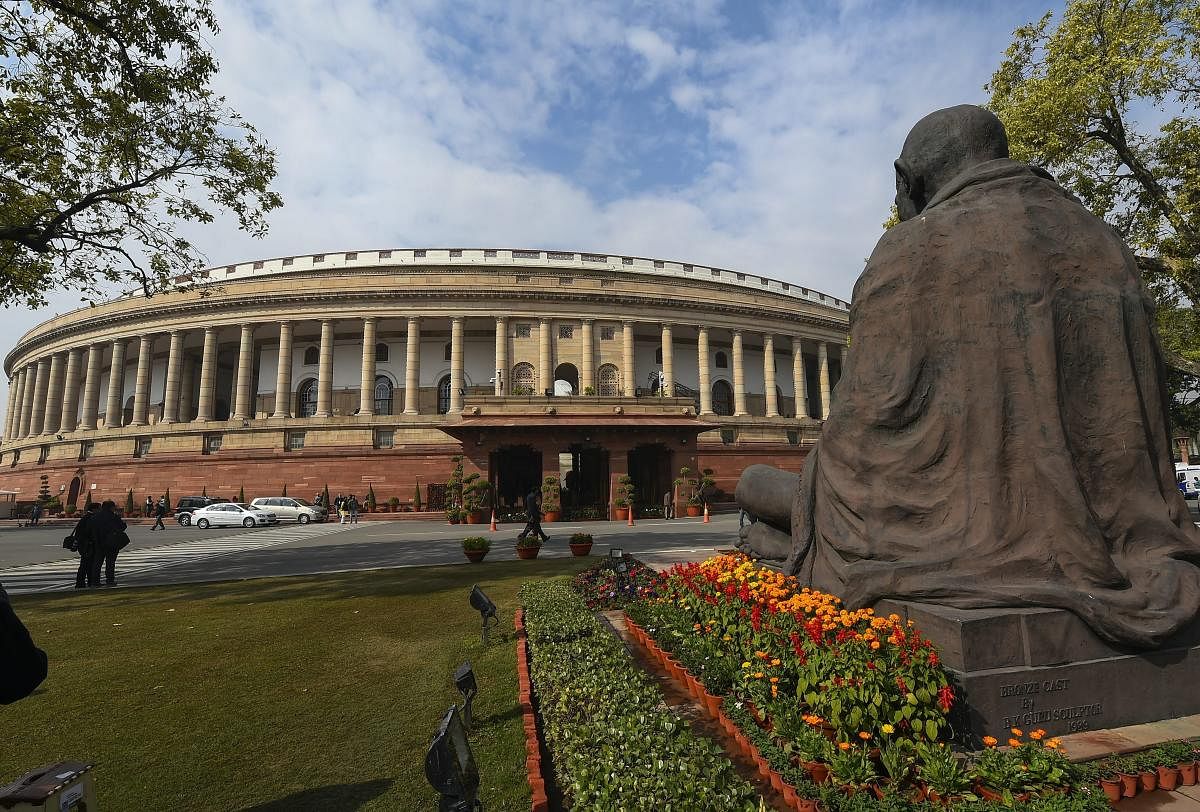
The new Modi government will push for replacing 10 ordinances, including one on triple talaq, with bills in the first session of Parliament.
Parliamentary Affairs Ministry has put the ordinances on the top of the agenda after the President's Address and the Motion of Thanks that would be taken up in the first week of the session.
The previous Modi government had promulgated 10 ordinances soon after it failed to get Parliament nod to the same in the last session of Parliament that ended on February 13.
The ordinances include the contentious Muslim Women (Protection of Rights on Marriage) second Ordinance or the triple talaq ordinance, the Indian Medical Council (Amendment) Second Ordinance, The Companies (Amendment) Second Ordinance, and the Banning of Unregulated Deposit Schemes Ordinance. These four Ordinances were promulgated on February 21.
Parliamentary Affairs Minister Pralhad Joshi had said on Tuesday that it would explore possibility of taking up 10 lapsed ordinances and 33 pending bills in the Rajya Sabha in the first session of Parliament beginning June 17.
On March 1, the Modi government had promulgated the Jammu and Kashmir Reservation (Amendment) Ordinance.
The next day, the government promulgated four more Ordinances – The Adhar and Other Laws (Amendment) Ordinance, The New Delhi International Arbitration Centre Ordinance, The Homeopathy Central Council (Amendment) Ordinance and the Special Economic Zones (Amendment) Ordinance.
Three days before the Lok Sabha elections were announced, the Modi government had promulgated the Central Educational Institutions (Reservation in Teachers' Cadre) Ordinance, to overturn the Supreme Court decision directing that reservation in teaching posts should be applied subjectwise.
The Ordinance treated University/ College as the unit of reservation roster for teaching posts instead of 'Department/ Subject'. The apex Court order had led to protests across the country, particularly in politically sensitive Uttar Pradesh, where the controversy had erupted.
The opposition led by Congress had criticised the Modi government for promulgating the ordinances at the fag end of its tenure and had promised to scrap it, particularly the one on triple talaq if voted to power.
